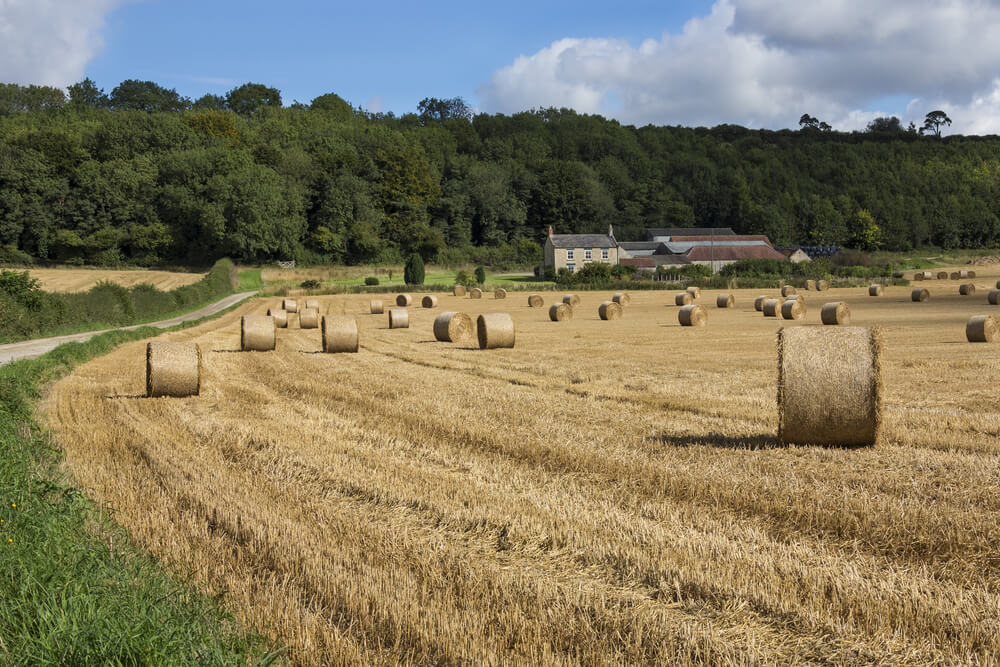Which property is potentially taxable?


The ATED came into effect on 1st April 2013 and the charge for 2015/16 ranges from £7,000 to £218,200 depending on the value of the property. An ATED return will need to be filled for property that is:-
- A dwelling
- In the UK
- Was valued at more than £2 million on 1 April 2012 or at acquisition if later for returns from 2013 to 2014 onwards
- Was valued at more than £1million on 1 April 2012 or at acquisition, if later, for returns from 2015 to 2016 onwards
- Is owned completely or partly by a company, partnership where one of the partners is a company or collective investment scheme such as a unit trust.
When the tax was initially introduced, it only applied to dwellings with a market value in excess of £2 million, this was reduced to £1 million in April 2015 and will be reduced further, to £500,000 with effect from 1st April 2016. If ATED applies a return needs to be submitted to HMRC every year, usually within 30 days of 1st April and the relevant tax paid and any relevant relief claimed at the same time. While not many farm businesses include dwellings worth £2 million, plenty will have farmhouses with a value in excess of £500,000. ) There are a substantial number of trading entities that include a corporate vehicle within a partnership structure, often for historic reasons. Farmers in this situation need to be thinking about how this tax affects them and possibly taking steps to reduce their liability, now and in the future.
The good news (for farmers)
Farmhouses are one of the categories that may qualify for relief from the tax. It is important to remember however that because unlike SDLT, the ATED is an annual charge – so its application, and the application of any relevant reliefs, depends on the use of the dwelling throughout the ATED year (1 April to the following 31 March). This gives rise to the concept of “relievable days” (ie, days during that annual period where the conditions for a relief are met) and “chargeable days”. The annual charge is reduced by the proportion of relievable days to chargeable days.
For farming businesses, the reliefs that may assist are as follows:-
Farmhouses: there is an ATED relief where a person carrying on a farming trade (or connected to someone carrying on such a trade) owns a farmhouse that forms part of the land occupied for the purposes of carrying on that trade. To qualify for the relief, the farmhouse must be occupied by a farm worker occupying it for the purposes of the farming trade (or a former long-serving farm worker, or the surviving spouse/civil partner of a former farm worker). To qualify as a farm worker, the individual must be substantially involved in the day-to-day work of the farming trade, or the direction and control of the conduct of the trade.
- Dwellings open to the public: typically, this exemption could apply to farmhouses used as B&Bs (though there are conditions as to how many days per year the public must be allowed to stay, and the extent of the house which must be set aside for public use).
- Employees: a limited ATED relief applies where a trading company owns a dwelling it uses mainly as employee accommodation. However, this exemption should be viewed with caution in the farming context – because it doesn’t apply if the employee has certain levels of ownership rights in the company which owns the property so may not apply to that many family-owned farming companies.
Next steps
What are the next steps for farming estates concerned about the potential application of ATED to their farmhouses?
Firstly, they should seek professional advice as to whether or not they are potentially caught and/or whether or not any ATED relief may apply. This may involve discussions with valuers for borderline cases, as well as tax advisers. Secondly, if ATED applies and a relief is not currently available, can arrangements be changed to allow a relief to be claimed?
Those with farmhouses worth around £500,000 which are owned by companies (or partnerships with corporate partners) should be thinking through these issues now – because once the ATED is extended on 1 April 2016 there will only be a limited 30 day period to submit the return to HMRC, and pay the charge – or, hopefully, claim the relief. It is also important to note that it is relief but not an exemption, so even if there is no tax payable, a return will still need to be submitted.
For additional information please contact Douglas Godwin on 01386 761176 or via email: drg@parkinsonwright.co.uk to make an appointment .
